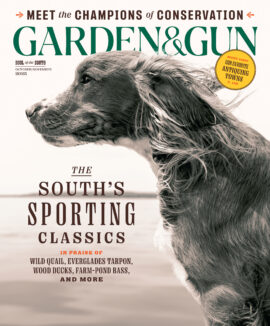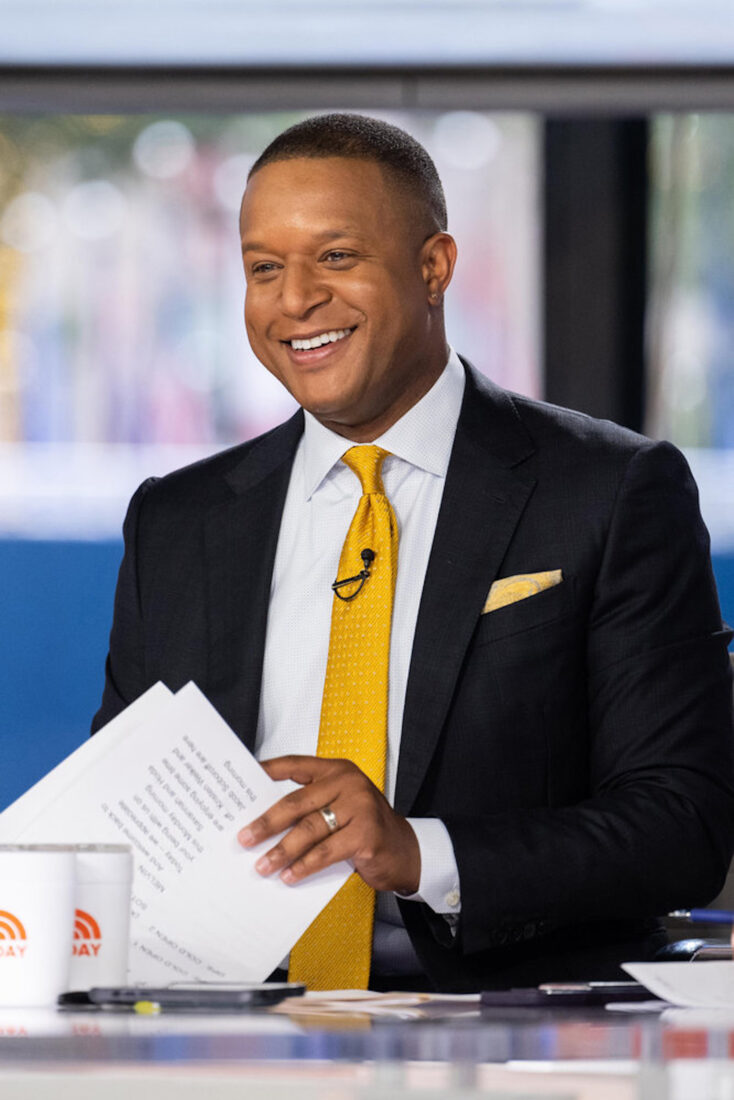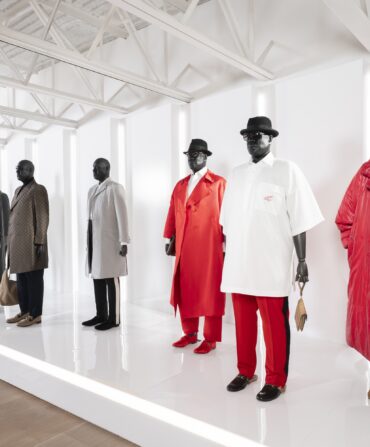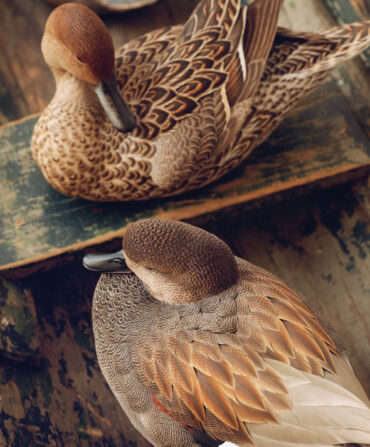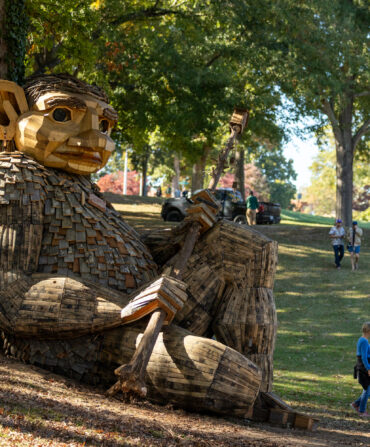Three years after Craig Melvin published his memoir, Pops, which detailed the complex relationship he had with his dad while growing up in Columbia, South Carolina, the NBC news anchor and Today show host is still thinking about fatherhood—this time, from a different angle. His new book, a children’s book, I’m Proud of You, looks at the relationship he’s fostering with his two young kids, Delano and Sybil.

“I didn’t even realize some of the emotions I’m capable of having until I had my own children,” says Melvin, who now lives with his kids and wife, Lindsay Czarniak, in Westport, Connecticut. “I wanted to write a book that helped all the dads out there. It’s a love letter to fatherhood.”
We caught up with Melvin to discuss the new book and why—despite all his professional accolades—fatherhood is still the best gig he’s ever had.
What made you want to write a children’s book?

A few years ago, I wrote a book about addiction and about my complicated relationship with my own father. It was cathartic, but it was heavy. There were lots of tears, and I was grappling with emotions I had not really dealt with. So after that, I was like: Let’s go to the other end of the spectrum.
I’ve always been a fan of trying to give folks their flowers while they can enjoy them. When people die, everyone says all these great things about them, and I’d like to do that with people I care about while they’re still here and while I’m still here. I wanted my children to know how much I care about them and how much I love them.
Your book is called I’m Proud of You. Why was pride the sentiment you wanted to focus on?
As parents, we always say, “Oh, I love you, I love you, I love you.” I didn’t want to write a book called I Love You, because that’s almost a contractual obligation. I really need my kids to know: I’m proud of you, and here’s why I’m proud of you. It’s not just because of these things that you’ve learned how to do, but the kind of person I’m watching you become.
Also, people like to talk about good examples and how they shape and form and mold us, and that’s true. Bad examples can be just as effective. When I was growing up—and part of this is generational—I didn’t hear “I’m proud of you” a lot. My dad was physically present, but he was not as emotionally present as I would have liked. And both of my parents just kind of believe in tough love. Like I remember the first time my father did say “I’m proud of you,” I was probably in high school. And as a society we tend to overcorrect, and my wife and I have probably overcorrected. We heap praise on our children. They know how much we love them by and large, but I wanted them to know that I’m not just duty-bound in love with you, but I’m proud of you, too.
You mentioned your first book, Pops, being on the opposite side of the spectrum from this book, but do you see the two in conversation with one another at all?
Before I had children, I remember thinking: I don’t know the kind of dad I want to be, I just know that I don’t want to be the kind of dad I had. But that was before I understood what my dad was dealing with. My father was born in a prison in West Virginia and didn’t even know who his dad was until he was almost a teenager. As a child, I had developed these expectations that he wasn’t capable of ever meeting. He hadn’t experienced what a good dad was, so how could he ever turn around and be there? And so I had to get to a point in my life where I came to understand it.
I did not connect the two books deliberately, but I don’t think it was an accident that I had spent more than a year objectively examining and documenting the relationship I had with my father and how it’s shaped and molded me in myriad ways, and then all of a sudden, the spirit moves me to write a book about the relationship I hope to have with my children. I did not fully appreciate the joys and the wonders and the mighty struggles of fatherhood until I started talking to my own dad about them. I wouldn’t have been able to write this book had it not written the first book.
Are there any things from your childhood in Columbia that you carry through to how you raise your kids now in Connecticut?
We’re in church just about every Sunday we’re in town, just like we were growing up. I remember vividly being a child sitting in the pews in New Life Baptist Church and then later in Brookland Baptist Church thinking, my God, if this is what it takes to get into heaven, I don’t know if I can do it. And I look at my children sometimes now as they sit in the pews and I see their eyes glazing over. [Laughs.] I’ve been there buddy.
You do eventually become your parents, though. Over the weekend, my son was asking me some questions, and normally we really try to encourage curiosity because we’re both journalists, but I finally said to him: Because I said so. Growing up I would hear because I said so several times every day, and you didn’t question it. That was like Moses coming down with the Commandments. Discussion is over.
Oh, and this is one I’m really proud of: Early on, I introduced both of my children to the joys and wonders of grits. I take my grits very seriously. I actually have them shipped in from Adluh Flour there in Columbia, and on Saturdays, sometimes Sundays, I make a pot of grits, thick with butter, and the kids eat them. If Mom’s not up we’ll have real bacon, but if Mom is up, we usually have to have turkey bacon because she’s trying to keep us healthy.
What’s your best piece of parenting advice?
Several years ago, before my second child was born, one of my dear friends and mentors, Al Roker, and I were talking about fatherhood, and how everyone worries about what the second child is going to be like and how different they’re going to be. And he said to me: I’ve discovered that they will parent you. Your children will show you and tell you what they need.
It’s one of the things that I’ve discovered, too: Things are never as bad as you think they are, and things are never as good as you think they are. I’m trying to live my life just right here in the middle, and I’ve tried to approach parenting the same way. If at night when we’re tucking them into bed and no one’s bleeding or screaming and there hasn’t been a compound fracture, that’s a good thing.
So my best advice: Exhale. It’s going to be just fine.
Garden & Gun has an affiliate partnership with bookshop.org and may receive a portion of sales when a reader clicks to buy a book.

